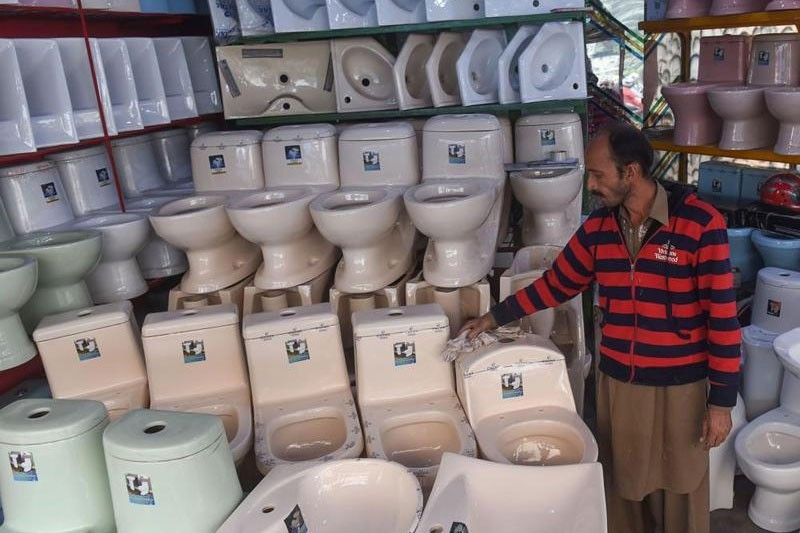WHO: 3 in 10 health facilities lack access to clean toilets

MANILA, Philippines — Three out of 10 health facilities in the Philippines lack access to clean toilets, according to a new report of two United Nations agencies.
The report by the World Health Organization (WHO) and the United Nations Children’s Fund (UNICEF) Joint Monitoring Program for Water Supply, Sanitation and Hygiene (JMP) said 23 percent of the health care facilities have dirty toilets while four percent have no toilets at all.
The WHO/UNICEF JMP report, “WASH in Health Care Facilities – Global Baseline Report 2019,” is the first comprehensive global assessment of water, sanitation and hygiene (WASH) in health care facilities.
While the report highlights some significant information gaps, the available data show that one in four health care facilities around the world lacks basic water services, impacting over two billion people.
The report also reveals that many health centers lack sanitation service, basic facilities for hand hygiene and safe segregation and disposal of health care waste.
These services are crucial to preventing infections, reducing the spread of antimicrobial resistance and providing quality care, particularly for safe childbirth.
“Health care facilities won’t be able to provide quality care to people if there is no safe water, toilet or handwashing facility,” said WHO Representative in the Philippines Gundo Weiler.
The recent water shortage in Metro Manila affected five major hospitals – the Rizal Medical Center in Pasig City; National Center for Mental Health in Mandaluyong City; and National Kidney and Transplant Institute, Philippine Children’s Medical Center and Quirino Memorial Medical Center, all in Quezon City.
Major hospitals were forced to reduce the admission of patients to some specialty wards, like the operating room and emergency room, to prevent disease outbreaks.
The lack of water prompted Health Secretary Francisco Duque III to talk to a water concessionaire to prioritize the supply of water to the five hospitals and limit the number of watchers to one per patient. The Department of Health has made WASH a priority in all health care facilities in the country.
“The recent water shortage in Metro Manila highlighted the need for long-term solutions to water, sanitation and hygiene in health care facilities,” Weiler said, adding the Philippines must ensure that safe facilities are available and accessible to ensure health for all Filipinos.
- Latest
- Trending
































